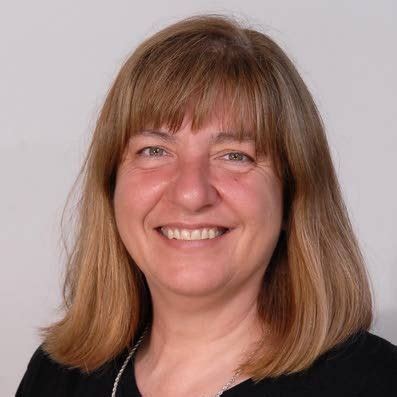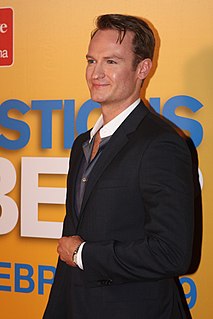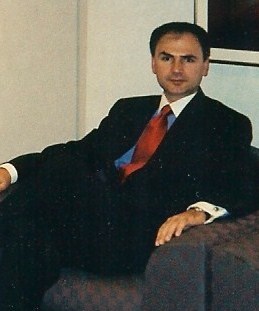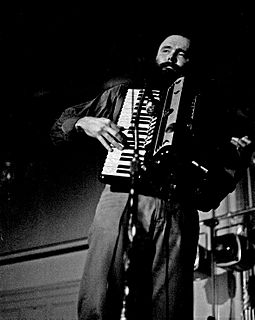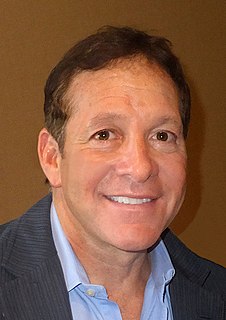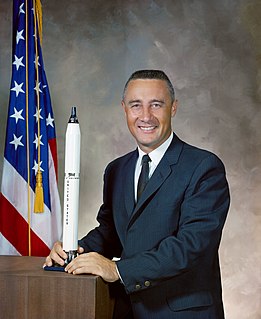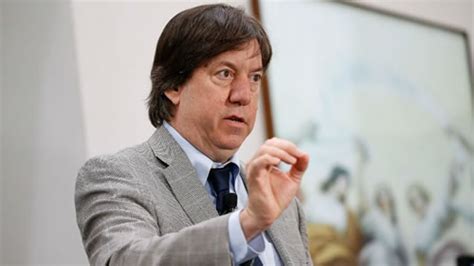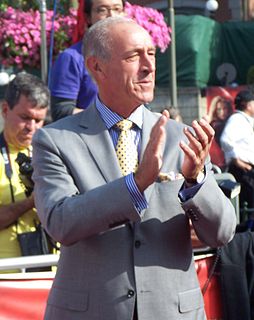A Quote by Carol Plum-Ucci
If people knew who the angels were, they would be very nice when they saw one and would still do their same evil garbage when they thought none were around. Knowing who they are defeats the purpose.
Related Quotes
He knew that we gave constant lip service to the dictates of safety and howled like Christians condemned to the arena if any compromise were made of it. He knew we were seekers after ease, suspicious, egotistic, and stubborn to a fault. He also knew that none of us would have continued our careers unless we had always been, and still were, helpless before this opportunity to take a chance.
You took a walk on a Sunday afternoon and came to a nice neighborhood, very refined. You saw a small one of these trees through the iron gate leading to someone's yard and you knew that soon that section of Brooklyn would get to be a tenement district. The tree knew. It came there first. Afterwards, poor foreigners seeped in and the quiet old brownstone houses were hacked up into flats, feather beds were pushed out on the window sills to air and the Tree of Heaven flourished. That was the kind of tree it was. It liked poor people.
If you think that people should be nice to one another, then by
all means be nice. But when you project that belief onto the
people and the world around you as if it were an objective reality,
or worse still, as if it were their job to be nice to you, you put
yourself at odds with what is, and suffering will surely follow.
When I was in high school in the early 1970s, we knew we were running out of oil; we knew that easy sources were being capped; we knew that diversifying would be much better; we knew that there were terrible dictators and horrible governments that we were enriching who hated us. We knew all that and we did really nothing.
I saw certain things that I think maybe other kids are protected from. Like, I saw my parents struggling. I knew that we were cutting out coupons and buying dented cans because they were cheaper. And all our furniture was from the garbage. It was just - and to me because I was a kid, all that stuff was really exciting.
